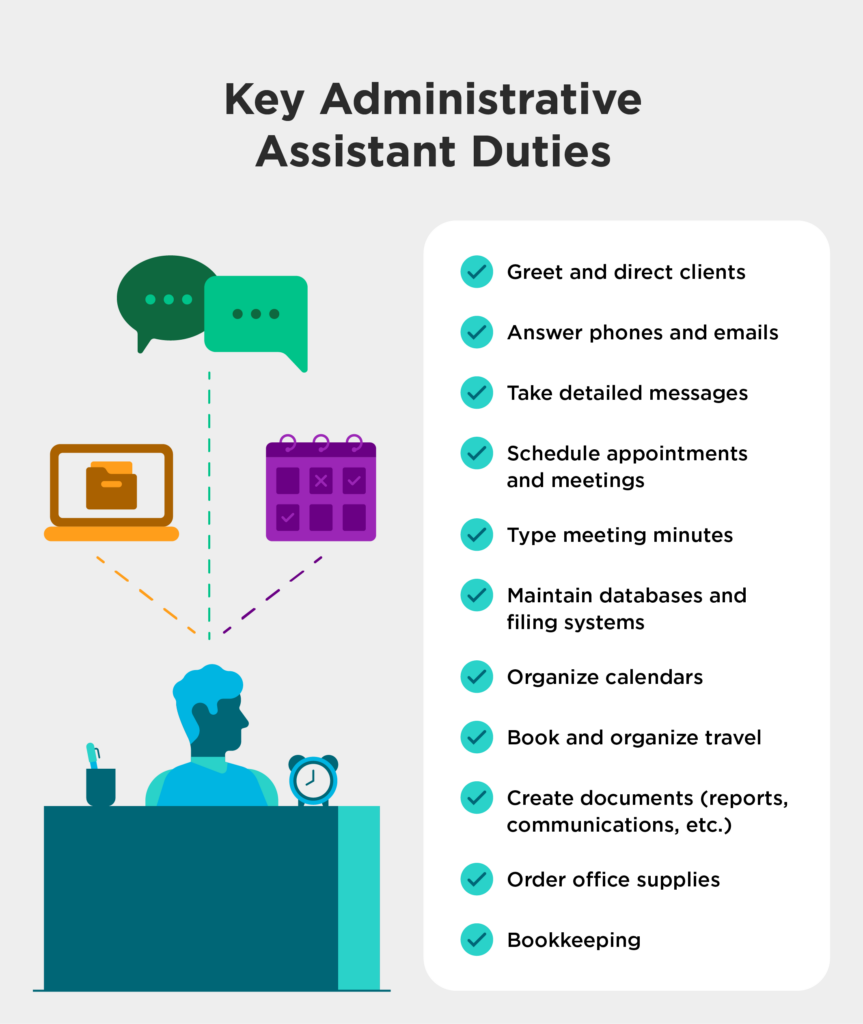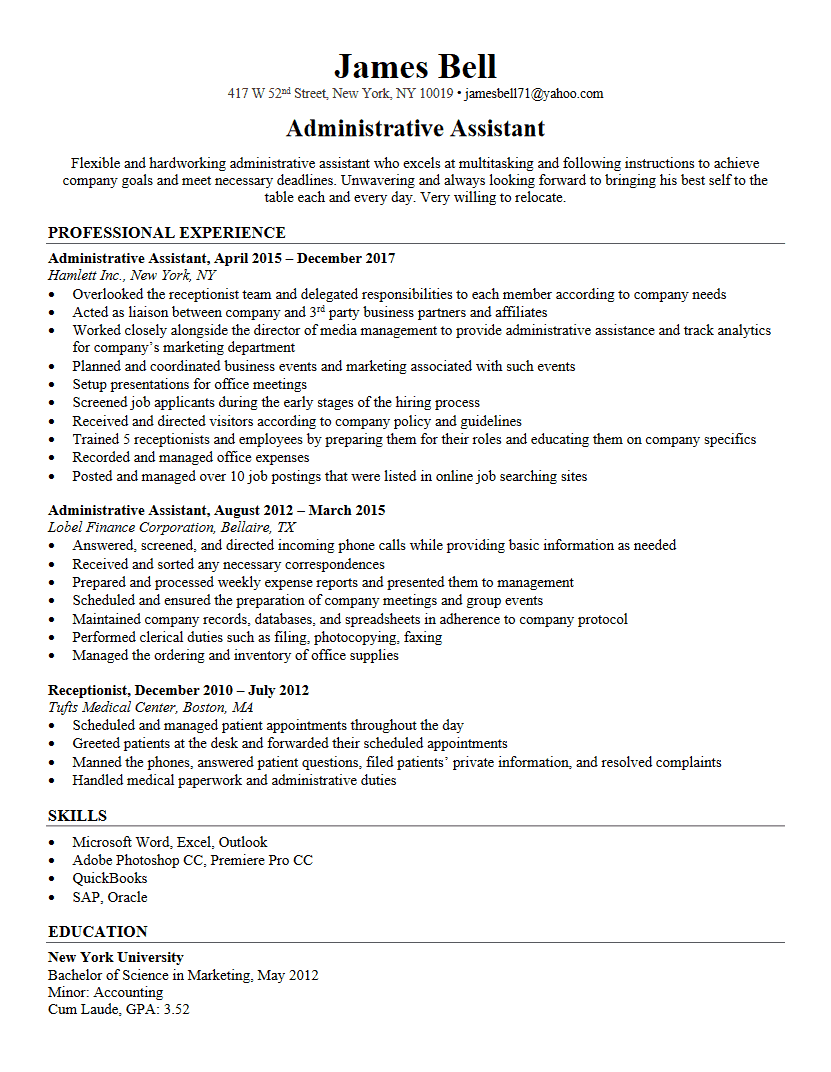Absolutely! Here’s a comprehensive 2500-word article about business assistant duties, with list items converted to headings (
or
) for clarity and readability.
In the fast-paced, dynamic world of modern business, the role of a business assistant is far more than just answering phones and scheduling meetings. They are the linchpin, the silent force that keeps operations running smoothly, allowing executives and teams to focus on strategic goals. This article delves into the diverse and crucial duties of a business assistant, exploring the skills, responsibilities, and adaptability required to excel in this essential position.

A significant portion of a business assistant’s role centers on providing robust administrative support. This encompasses a wide range of tasks, ensuring the organizational engine runs efficiently.
Managing Correspondence and Communication
Business assistants are often the first point of contact for clients, vendors, and internal stakeholders. They are responsible for managing incoming and outgoing correspondence, including emails, phone calls, and physical mail. This involves:
Screening and prioritizing communications.
Drafting and editing professional emails and letters.
Maintaining accurate contact lists and databases.

Handling sensitive and confidential information with discretion.
Scheduling and Calendar Management
Effective time management is critical for executives, and business assistants play a pivotal role in maintaining their schedules. This includes:
Coordinating and scheduling meetings, appointments, and travel arrangements.
Managing complex calendars and resolving scheduling conflicts.
Preparing meeting agendas and materials.
Sending reminders and ensuring timely attendance.
Document Preparation and Management
Business assistants are skilled in creating, formatting, and managing various documents, ensuring accuracy and professionalism. This includes:
Preparing reports, presentations, and spreadsheets.
Creating and maintaining filing systems, both physical and digital.
Proofreading and editing documents for grammar and clarity.
Ensuring document security and confidentiality.
As businesses evolve, so do the roles of their support staff. Business assistants are increasingly involved in operational and project-related tasks, contributing directly to the success of specific initiatives.
Travel Coordination and Logistics
For executives who travel frequently, business assistants handle all aspects of travel planning and logistics. This includes:
Booking flights, hotels, and transportation.
Creating detailed travel itineraries.
Processing expense reports and reimbursements.
Handling travel-related emergencies and changes.
Event Planning and Coordination
Many business assistants are responsible for planning and coordinating company events, from small meetings to large conferences. This involves:
Selecting venues and managing vendor relationships.
Coordinating logistics, including catering, audiovisual equipment, and transportation.
Managing event budgets and timelines.
Handling on-site event coordination and problem-solving.
Project Management Assistance
In some organizations, business assistants provide support for specific projects, assisting project managers with various tasks. This includes:
Tracking project progress and deadlines.
Preparing project reports and documentation.
Coordinating project meetings and communications.
Assisting with research and data analysis.
Beyond technical skills, business assistants need strong interpersonal and organizational abilities to thrive in their roles.
Communication and Interpersonal Skills
Effective communication is paramount for business assistants, as they interact with a diverse range of individuals. This includes:
Maintaining a professional and courteous demeanor.
Communicating clearly and concisely, both verbally and in writing.
Building and maintaining positive relationships with colleagues and clients.
Resolving conflicts and addressing concerns diplomatically.
Organizational and Time Management Skills
Business assistants must be highly organized and able to manage multiple tasks simultaneously. This includes:
Prioritizing tasks and managing deadlines effectively.
Maintaining a well-organized workspace and filing system.
Adapting to changing priorities and unexpected situations.
Using time management tools and techniques.
Problem-Solving and Adaptability
The ability to think critically and solve problems is essential for business assistants, as they often encounter unexpected challenges. This includes:
Identifying and analyzing problems.
Developing and implementing solutions.
Adapting to changing business needs and technologies.
Remaining calm and composed under pressure.
In today’s digital age, business assistants must be proficient in using various technologies and continuously develop their skills to stay relevant.
Technology Proficiency
Business assistants are expected to be proficient in using various software applications and technologies, including:
Microsoft Office Suite (Word, Excel, PowerPoint, Outlook).
CRM systems and project management tools.
Video conferencing and communication platforms.
Cloud-based storage and collaboration tools.
Professional Development and Continuous Learning
To stay ahead in their careers, business assistants must commit to continuous learning and professional development. This includes:
Attending workshops and training sessions.
Staying updated on industry trends and best practices.
Seeking opportunities for advancement and growth.
Building a network of professional contacts.
Business assistants are not merely support staff; they are strategic partners who contribute significantly to the success of their organizations. Their ability to manage administrative tasks, provide operational support, and maintain strong interpersonal relationships makes them invaluable assets.
By freeing up executives and teams from administrative burdens, business assistants allow them to focus on core business activities, driving innovation and growth. Their organizational skills, attention to detail, and proactive approach ensure that operations run smoothly and efficiently.
In conclusion, the role of a business assistant is multifaceted and demanding, requiring a diverse range of skills and abilities. From managing complex schedules and coordinating travel to providing project support and maintaining strong communication, business assistants are the unsung heroes of the modern workplace. Their dedication, professionalism, and adaptability make them an indispensable part of any successful organization.

